Presenting her opinion on the implementation of the medium-term public investment plan on the morning of November 2, delegate Nguyen Thi Thu Ha said that the problem of congestion and backlog of value-added tax refunds is emerging, causing businesses and some associations and industries such as wood chips, tapioca starch... to be upset and send petitions and call for help.
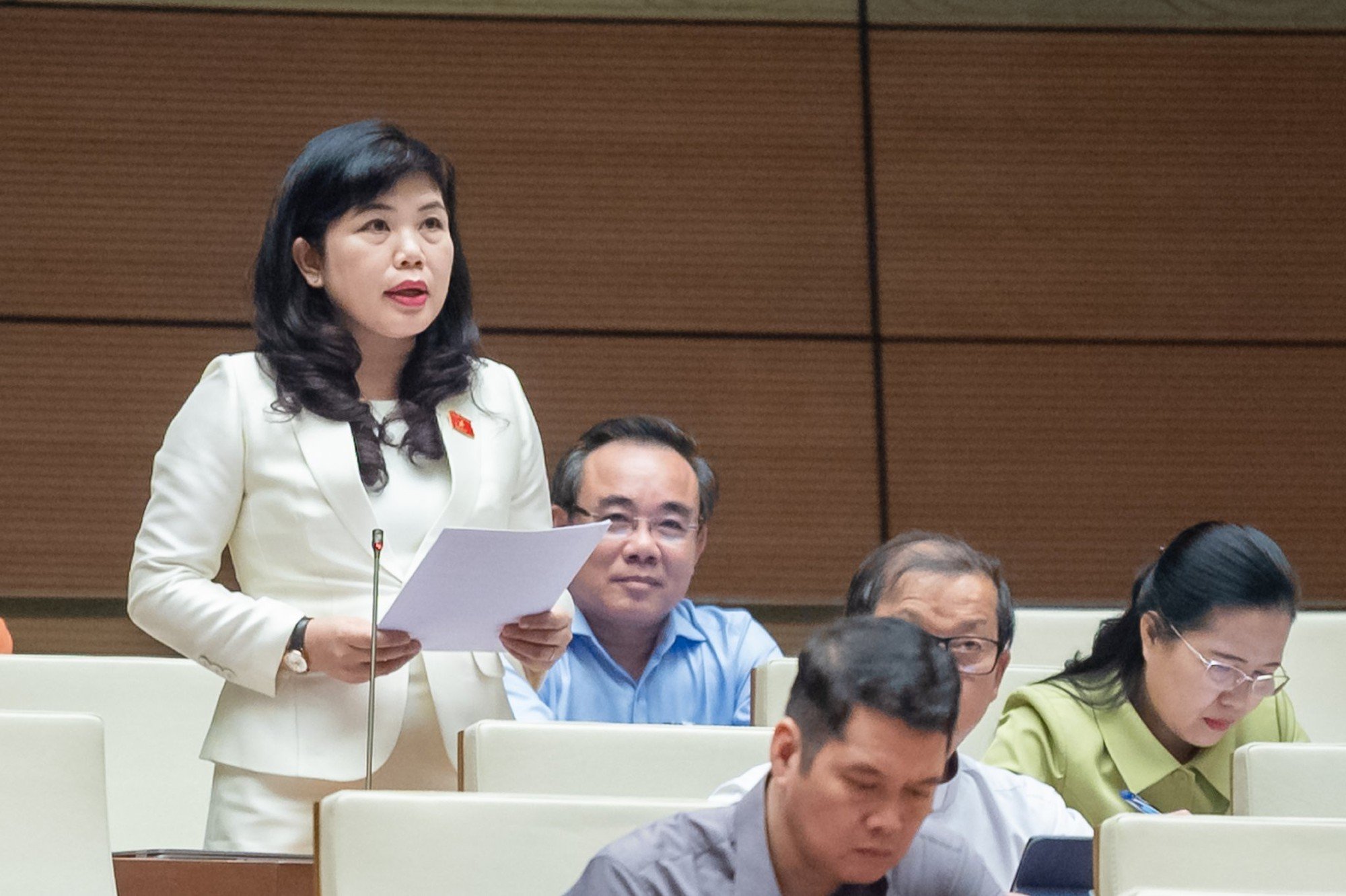
Delegate Nguyen Thi Thu Ha ( Quang Ninh delegation)
The National Assembly has assigned the Finance and Budget Committee to conduct thematic supervision on this issue. Agreeing with the thematic supervision report, according to delegate Ha, the systematic bottleneck in tax refunds for a number of export industries stems from the professional guidance documents of the General Department of Taxation ( Ministry of Finance ) which have inappropriate points, lack of solid legal basis, lack of feasibility, and lack of close coordination with relevant agencies.
For example, with the group of wood products, wood chip products, rubber..., the General Department of Taxation instructed tax departments to conduct verification through the purchasing stages from F1, F2 to the purchasing stage, which is excessive.
Because according to the provisions of the Law on Value Added Tax (VAT), VAT only arises and must be paid from the processing stage with VAT invoices. Requiring verification at many stages is unnecessary, unfounded, causing difficulties for production and business activities.
In addition, wood chip exporting enterprises need to purchase from many different locations and subjects. Local tax departments do not have the function, responsibility, or human resources to verify this, so they have to rely on a third party, the police.
Regarding the cassava starch product group, according to delegate Ha, requiring Vietnamese enterprises to take responsibility for the legality of Chinese partners and considering this as a basis to claim that enterprises do not meet tax refund conditions is not convincing enough.
The delegates suggested that the General Department of Taxation should accept the legality of customs declarations to assess the authenticity of export volumes. The reason is that asking for opinions from judicial agencies on the legality of sales contracts of Chinese partners to assess the substance of export activities is not a thorough solution to the current backlog of cassava starch export cases.
“Inadequate regulations of the tax industry have caused businesses to suffer heavy losses due to disruption in the flow of VAT refunds,” Ms. Ha said.
According to the summary report by the beginning of June of the Vietnam Timber and Forest Products Association, the amount of VAT of wood processing and exporting enterprises that has not been refunded is 6,100 billion VND. Of which, wood chip exporting enterprises are about more than 4,000 billion VND. Particularly, 11 large chip exporting enterprises in Quang Ninh have not been refunded 1,105 billion VND.
According to the tax sector's report on the wood and wood products sector, the number of pending and unresolved files for 2022 and the first half of 2023 is 149 files, approximately 9% of the total number of requested files. "Many businesses said they had to close, orders were canceled, overdue bank debts arose, and workers were affected...", Ms. Ha stated the situation.
To resolve this situation completely and effectively, delegates from Quang Ninh province suggested that the Ministry of Finance should direct, review, and remove obstacles from specialized documents, promptly resolve difficulties for businesses; implement "refund first, check later" with reputable and quality export enterprises, and accept the legality of customs declarations.
The Ministry of Agriculture and Rural Development needs to coordinate to confirm whether it is necessary to determine the origin of the product, and what documents and procedures are required to ensure consistency and uniformity.
Source link




![[Photo] Solemn opening of the 8th Congress of the Central Public Security Party Committee, term 2025-2030](https://vphoto.vietnam.vn/thumb/1200x675/vietnam/resource/IMAGE/2025/10/4/f3b00fb779f44979809441a4dac5c7df)
![[Photo] Bustling Mid-Autumn Festival at the Museum of Ethnology](https://vphoto.vietnam.vn/thumb/1200x675/vietnam/resource/IMAGE/2025/10/4/da8d5927734d4ca58e3eced14bc435a3)

![[Photo] General Secretary To Lam attends the 8th Congress of the Central Public Security Party Committee](https://vphoto.vietnam.vn/thumb/1200x675/vietnam/resource/IMAGE/2025/10/4/79fadf490f674dc483794f2d955f6045)


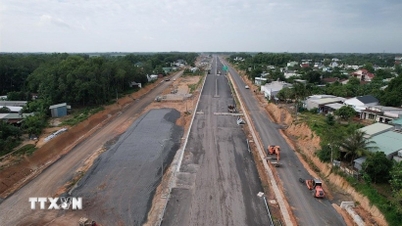

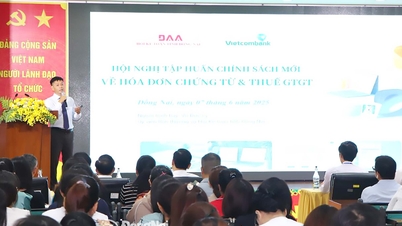




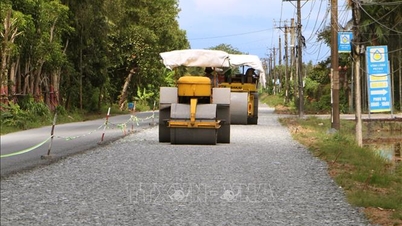

















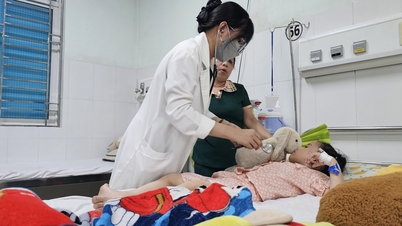



























![[VIDEO] Summary of Petrovietnam's 50th Anniversary Ceremony](https://vphoto.vietnam.vn/thumb/402x226/vietnam/resource/IMAGE/2025/10/4/abe133bdb8114793a16d4fe3e5bd0f12)

![[VIDEO] GENERAL SECRETARY TO LAM AWARDS PETROVIETNAM 8 GOLDEN WORDS: "PIONEER - EXCELLENT - SUSTAINABLE - GLOBAL"](https://vphoto.vietnam.vn/thumb/402x226/vietnam/resource/IMAGE/2025/7/23/c2fdb48863e846cfa9fb8e6ea9cf44e7)















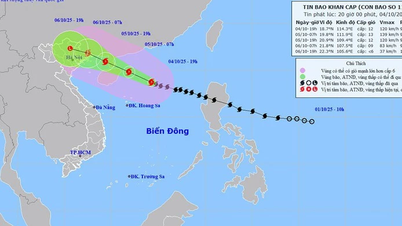

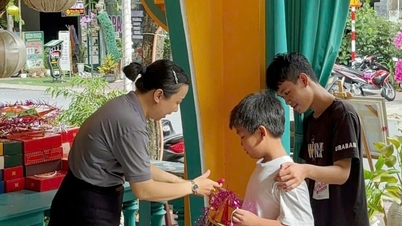















Comment (0)